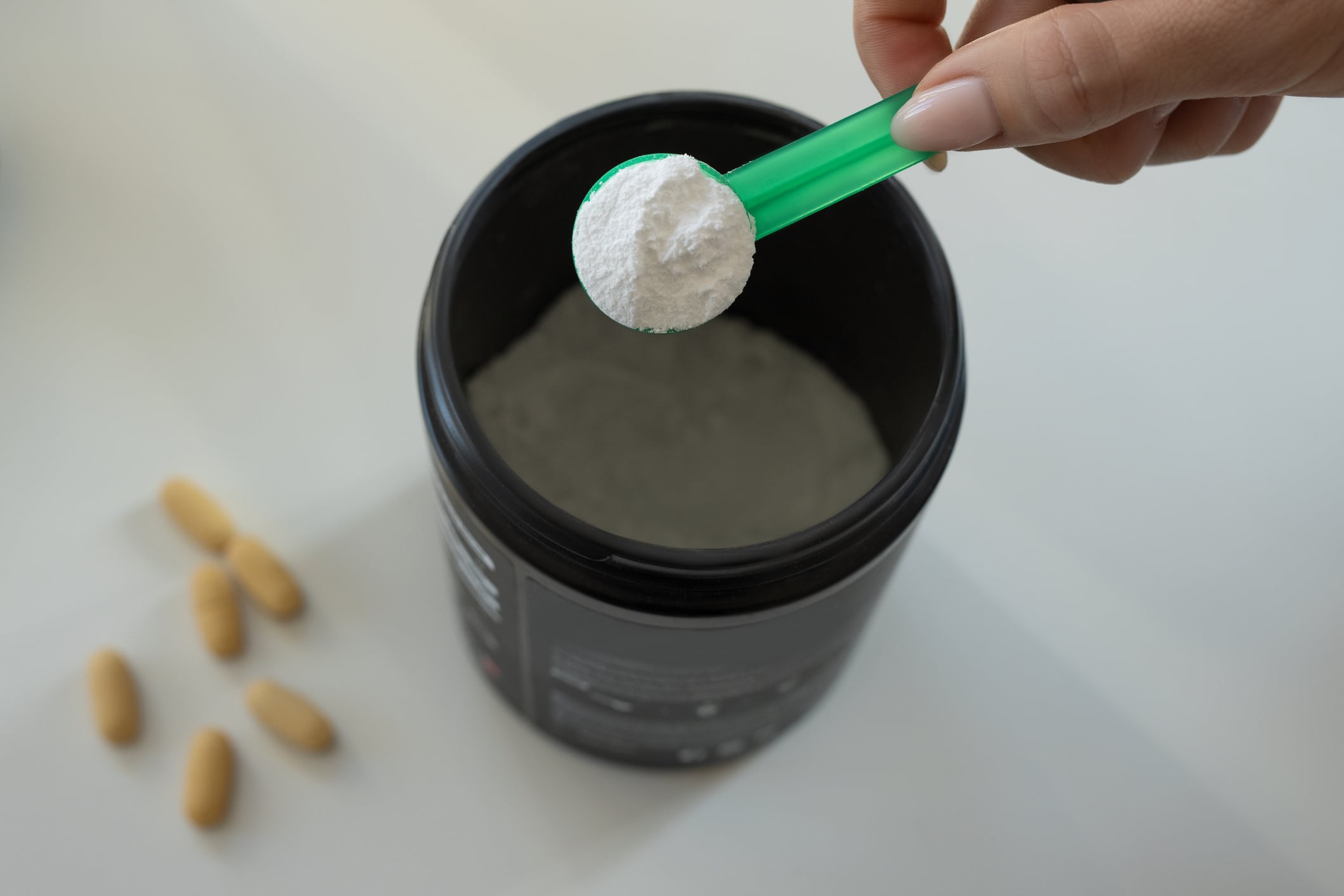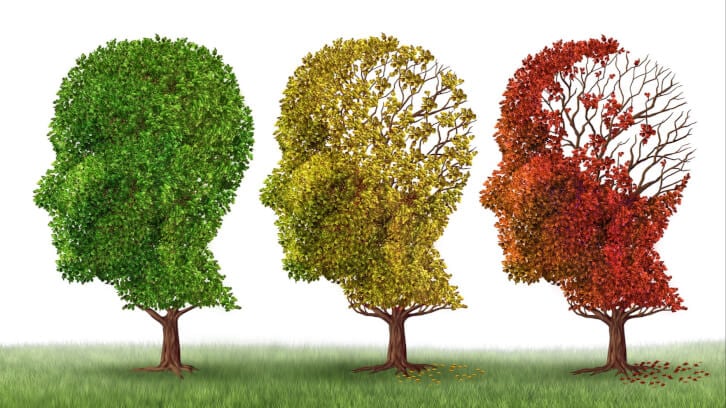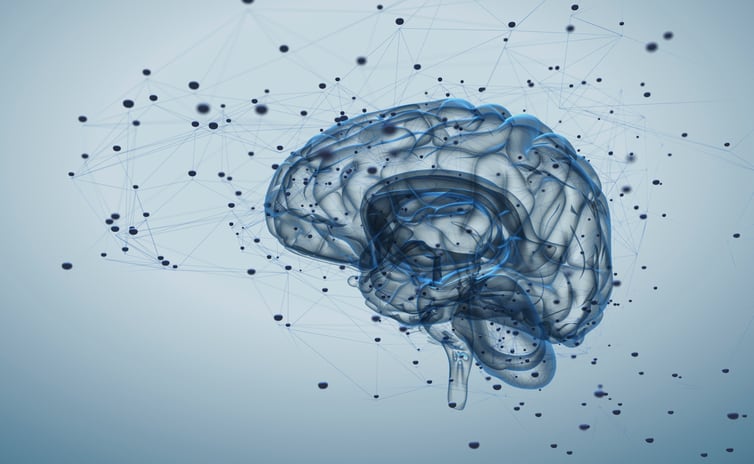Thirty-three percent of the products (four out of 12) were found to contain an undeclared stimulant, and two of these were found to contain 1,4-dimethylamylamine (DMAA), an amphetamine derivative that is prohibited by the U.S. Food and Drug Administration for use in dietary supplements.
The new analysis, which was led by Dr. Pieter Cohen from the Cambridge Health Alliance and Harvard Medical School, raises concerns about the quality and potential health risks of the products.
“None of the sports supplements marketed as containing the orchid Eria jarensis were accurately labeled, and several contained quantities of ingredients, such as 665 mg of caffeine per serving and 108 mg of 1,4-dimethylamylamine per serving, that might pose health risks to susceptible consumers,” Dr. Cohen and his collaborators from the University of California, San Francisco, wrote in the journal Clinical Toxicology.
Eria jarensis and N,N-dimethylphenethylamine
According to the authors, “Eria jarensis is a species of orchid native to the Philippines, [which] has recently been promoted as a novel ingredient in sports supplements with purported stimulant effects due to the presence of N,N-dimethylphenethylamine.”
N,N-dimethylphenethylamine is Generally Recognized as Safe (GRAS) as a flavoring substance used in food products such as cereal, cheese, dairy products, meat, fish and fruit.
The Dietary Supplement Label Database (DSLD) from the Office of Dietary Supplements at the National Institutes of Health (accessed July 18, 2025) lists seven products currently on the market labeled as containing Eria jarensis. A further six products identify N,N-dimethylphenethylamine as an ingredient without disclosing the source of the compound.
“We are not aware of research in humans supporting the use of N,N-dimethylphenethylamine to improve athletic performance, and the listing of this chemical might be added by manufacturers as a marketing ploy to distract from the high doses of caffeine and other stimulants in the products,” Dr. Cohen and his co-authors wrote.
“Given the quantities of N,N-dimethylphenethylamine found in these products [ranging from 0.1 to 41 mg per serving], it is highly unlikely that this flavoring substance was actually extracted from the Eria jarensis orchid.”
Analysis details
Dr. Cohen and his group set out to assess the quality of 12 Eria jarensis sports supplements that were purchased online in the United States. The names of the products are not disclosed in the paper, but five are listed as being powders, and seven are in pill format.
Using liquid chromatography-quadrupole time-of-flight mass spectrometry, the researchers found that not one of the products was accurately labeled.
“The products contained inaccurately labeled quantities of caffeine, theobromine, hordenine, yohimbine, N,N-dimethylphenethylamine and synephrine,” they wrote.
The caffeine content of products listed on label ranged from 0.1 to 665 mg/serving size.
“Given these findings, clinicians should advise consumers that sports supplements listing the orchid Eria jarensis may not be accurately labeled, may contain more than 600 mg of caffeine per serving and may contain an undeclared U.S. FDA-prohibited stimulant,” they concluded.
Source: Clinical Toxicology. doi: 10.1080/15563650.2025.2515242. “Presence and quantity of ingredients in sports supplements purportedly containing the orchid Eria jarensis”. Authors: P.A. Cohen, et al.




